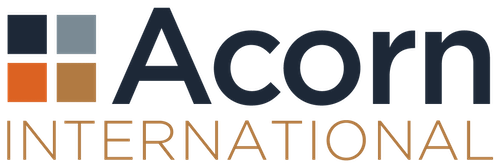ISSUE NO. 18: OFFSHORE WIND DEVELOPERS FACE INCREASED LENDER ENVIRONMENTAL AND SOCIAL PERFORMANCE EXPECTATIONS
KEY TAKE-AWAY:
Commercial banks will soon implement updated project finance standards that will require developers of major capital projects in the US and other high-income countries to implement more rigorous environmental and social risk management practices, including:
- Developing an Environmental and Social Management System (ESMS) and Environmental and Social Management Plan (ESMP)
- Conducting a Climate Change Risk Assessment
- Assessing human rights risks and impacts
- Conducting stakeholder mapping and engagement planning, and implementing a system for managing stakeholder communications
- Developing a grievance mechanism for stakeholders and workers
While many offshore wind developers utilize corporate bonds and/or lines of credit to fund projects, which are outside the scope of the new standards, lenders will increasingly conduct more rigorous environmental and social due diligence. Further, the proposed measures are good industry practice, so developers should consider meeting the standards as part of prudent risk management.
BACKGROUND DETAILS:
What are the New Lending Standards?
Most financial institutions have adopted the Equator Principles (EPs), a set of voluntary guidelines for determining, assessing and managing environmental and social risks in project finance. The current iteration (EP 3) went into effect in 2013 and the new version (EP 4) must be implemented by EPFIs by October 1, 2020.
How will the updated EPs impact offshore wind developers in the US, Europe and other high-income countries?
High income OECD countries were previously exempt from certain requirements, as these countries were assumed to have “robust environmental and social governance, legislation systems and institutional capacity designed to protect their people and the natural environment.” However, in EP4 this exemption was removed and additional risk management measures (e.g. climate change risk assessment) were added.
The most significant changes relate to stakeholder engagement and climate change risk. Key changes relevant to offshore wind are summarized below.
NEW PROJECT FINANCE REQUIREMENTS FOR OFFSHORE WIND PROJECTS IN HIGH INCOME COUNTRIES (E.G. US, EUROPE, SOUTH KOREA, AND JAPAN)
Acorn International is currently working with lenders on over $5bn of financing for renewables and other energy industry development programs. We look forward to supporting yours.
News & Notes

Acorn International
1702 Taylor St, Suite 200B
Houston, TX 77007, USA
1213 Purchase St
New Bedford, MA 02740, USA
